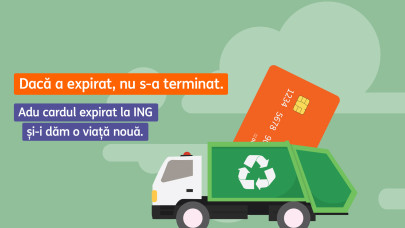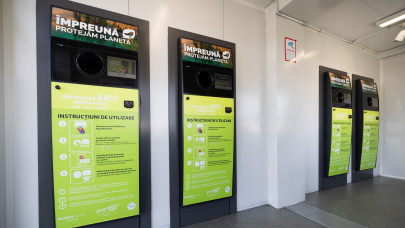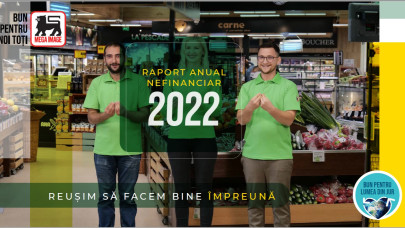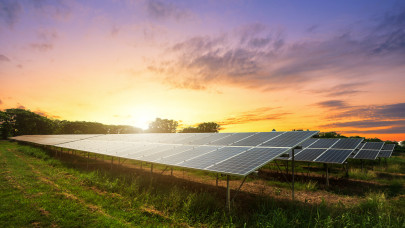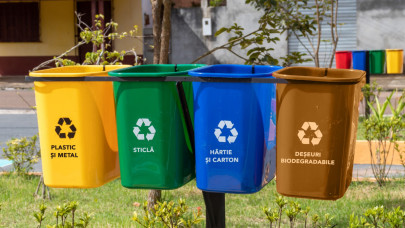According to EU Directive 904/2019 on reducing the impact of certain plastic products on the environment, filters from tobacco products (cigarette butts) represent the second most widespread category of single-use plastic products found, in the form of waste, on beaches in the European Union. For these reasons, it was necessary to reduce the considerable impact of these wastes resulting from the consumption of such tobacco products on the environment.
In Romania, the extended liability for the waste generated by the respective products, established by the government ordinance transposing the directive (OG 6/2021 regarding the reduction of the impact of certain plastic products on the environment), will be possible through a dedicated organization or individually. According to the legislation, manufacturers must bear the costs of implementing a specific infrastructure for the collection of waste generated after the consumption of tobacco products, such as suitable containers for such waste in areas of heavy consumption.
To this end, producers must cover the costs related to measures to inform consumers about reusable alternatives, and the impact on the environment, and the sewage network in case of improper waste management from the respective products. Producers must also bear the costs for collecting and reporting data to the responsible authorities, as well as the costs related to the collection of waste thrown outside or within the public collection system of the local public authority and for the transport and subsequent treatment of said waste.
At the same time, the legislation obliges manufacturers to apply a clear, legible, and indelible mark on tobacco products placed on the market, which informs consumers about the appropriate waste management options and the presence of plastic materials in the composition of the product, as well as the negative impact on the environment, especially on the marine environment, if they are thrown away or disposed of by improper means.
Last but not least, extended producer responsibility schemes should contain measures to encourage innovation leading to the development of sustainable alternatives to filters for tobacco products containing plastic.
For example, in Hungary, based on the recently adopted legislation, a concessionary company was selected at the national level, by tender, to provide the necessary collection systems to tobacco producers and, in turn, to collect the waste from the products of tobacco, to recover them and, if necessary, dispose of them properly. For these services, the company in question charges the producers a financial contribution as part of the tax that they have to bear according to the extension of liability. The regulation in Hungary entered into force on July 1, 2023, and manufacturers are obliged, starting from the fourth quarter of this year, to pay the tax related to the products sold in the previous quarter.
Hungarian legislation allows both types of organization, individually or through a collective entity.
In a Deloitte study carried out for manufacturers in the neighboring country, which evaluated the smoking habits of consumers in 21 of the country's largest localities, which account for 30% of the population, the costs of managing this waste were collected and calculated. The result of the study revealed a nationally valid tariff for a kilogram of tobacco waste collected and treated.




